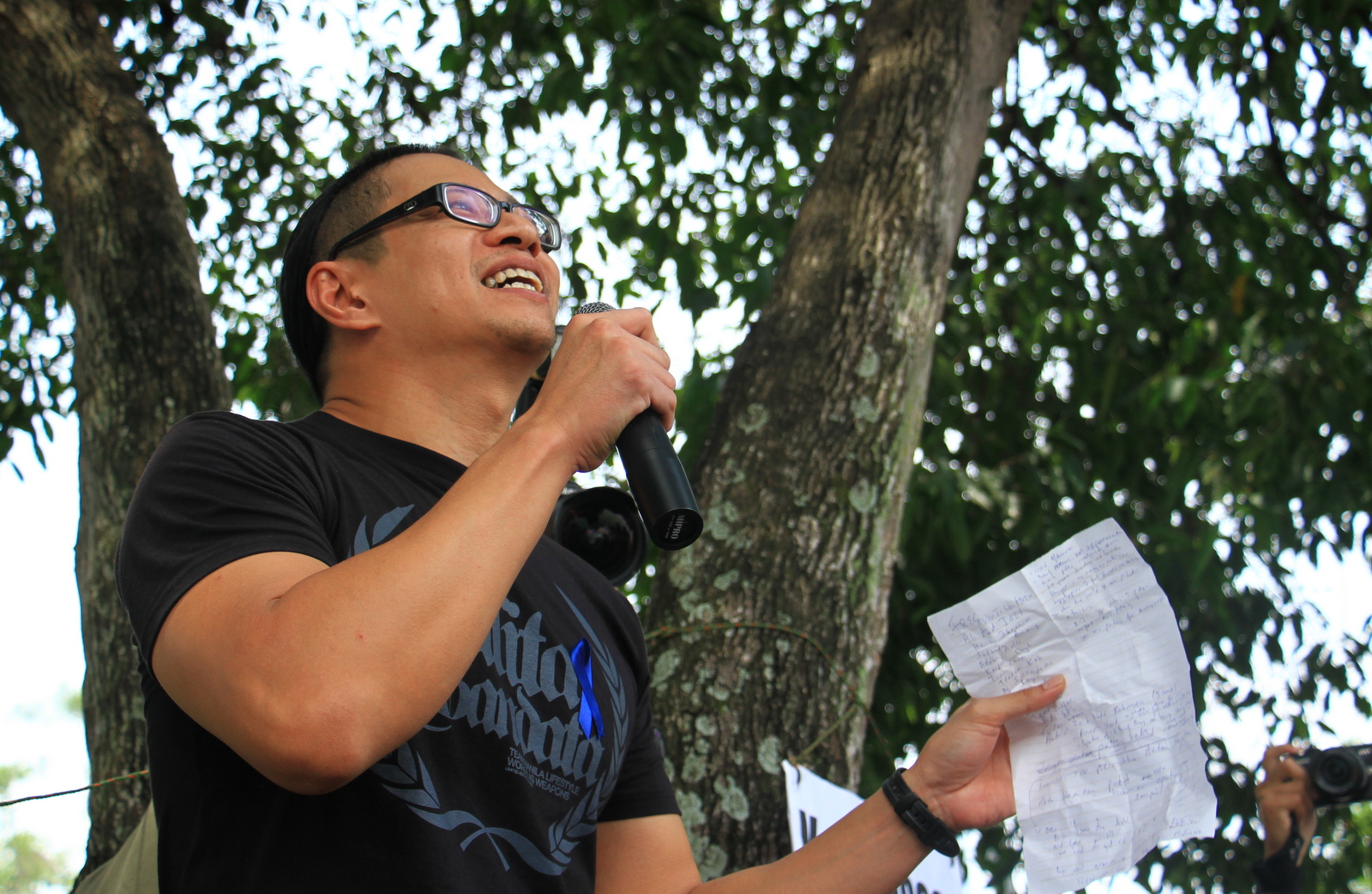 Law lecturer Azmi Sharom, after making history by being the first academician charged under the Sedition Act, today filed an application to challenge the constitutionality of the law many consider to be tyrannical and archaic.
Law lecturer Azmi Sharom, after making history by being the first academician charged under the Sedition Act, today filed an application to challenge the constitutionality of the law many consider to be tyrannical and archaic.
According to his lawyer Gobind Singh Deo, the Sedition Act was not enacted by Parliament and hence it goes against Article 10 of the Federal Constitution that guarantees freedom of speech.
Gobind Singh explained that the Sedition Ordinance was enacted in 1948 prior to independence, was thereafter revised through a Law Revision Commission and gazetted as law.
Since Article 10(2) of the constitution states that only Parliament may impose restrictions on the rights under Article 10, Gobind said that the act is unconstitutional as it was not passed by Parliament.
The application was filed earlier today at the Sessions Court in Jalan Duta, Kuala Lumpur.
“This is the first time, to my knowledge, an application is being moved under these grounds, to declare section 4 of the Sedition Act unconstitutional, ”said Gobind who hopes that the Attorney General considers staying all prosecutions in sedition cases pending until the matter is determined.
Haris Ibrahim had filed a similar application in the High Court before which was rejected by the Attorney General’s chambers on technical grounds on September 9. At the time, the prosecution said that it was for the Sessions court judge to determine whether there was a constitutional issue to be referred to the High Court.
Azmi Sharom who was charged for allegedly seditious statements made in an article titled “Take Perak crisis route for speedy end to Selangor impasse, Pakatan told” in the Malay Mail Online hopes that challenging the charge would end the reign of the Act over dissenting voices in the nation.
If found guilty of sedition, he will face a maximum fine of RM5,000 or jailed up to three years, or both.-The Rocket



